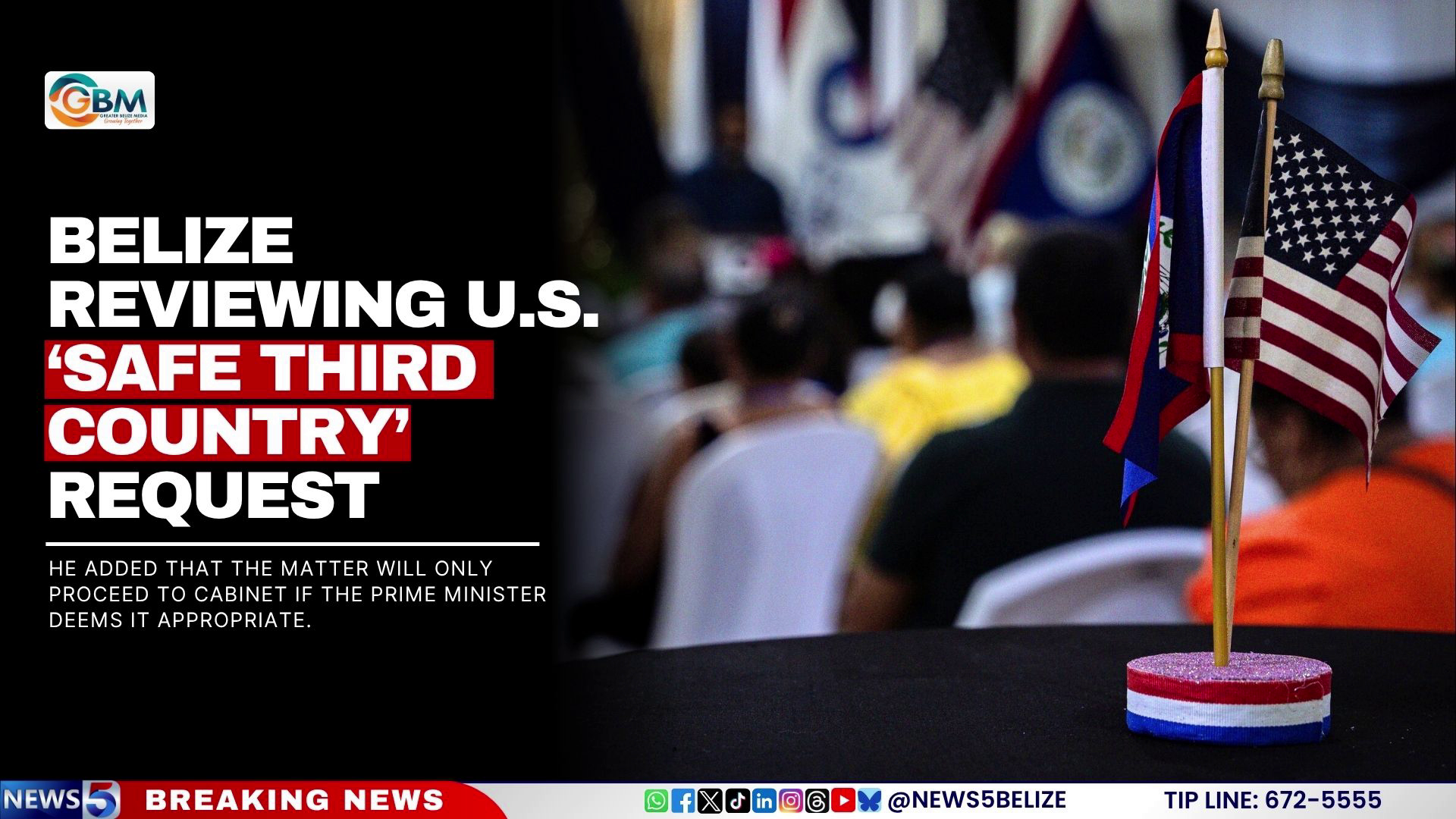As the U.S. ramps up efforts to deport undocumented immigrants, a surprising name has surfaced in the conversation, Belize. The Trump administration has reportedly approached this Central American nation with a bold proposition: to become a ‘safe third country’ for asylum seekers. Now, what does that mean exactly? Well, it’s a designation that allows migrants to be sent to a country other than their own, where they can still apply for asylum safely. But this move comes amid growing criticism. Just recently, the U.S. faced backlash for deporting five criminal offenders to the tiny African kingdom of Eswatini, an act human rights groups slammed as turning African nations into a ‘dumping ground.’ So, how is Belize responding to this controversial proposal? We spoke with Minister of Foreign Affairs, Francis Fonseca, to get the government’s take on what could be a major shift in regional immigration policy.
Francis Fonseca, Minster of Foreign Affairs
“They have raised it with us as a government. They have provided us with some draft documents. We are reviewing those documents, we are vetting them through our Attorney General’s ministry. When that vetting process is completed, then the matter will be tabled at cabinet if the Prime Minister so deems appropriate. And we’ll have a discussion about it then. So that’s where we are with it. But yes, indeed the United States government has raised that issue, as they have with many different countries. I know they’ve concluded one with Guatemala, I believe Mexico with Honduras all our neighbors. We are looking at it, vetting it, reviewing it. We’ll have a discussion at the appropriate time. When the Prime Minister feels that he wishes to table the matter before cabinet, we’ll discuss it and make it.”
Reporter
“Are you personally in favor of it?”
Francis Fonseca
“No. No. I don’t want to get ahead of any discussion that cabinet will have. So let’s wait on cabinet until cabinet has a discussion about it.”
Reporter
“What is the pressure like from the US? Is it something that, is it exerting a lot of energy to actively resist?”
Francis Fonseca
“No. I must say that they, obviously it’s important to them. They, it’s important to them, but they have been very respectful in the process. No undue pressure on us. We have explained to them that we understand the importance of the matter, but it has to go through our process here in Belize. When we have concluded that process, we’re going to be happy to sit down and discuss it with them.”
